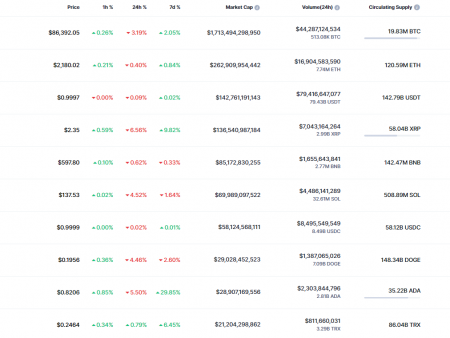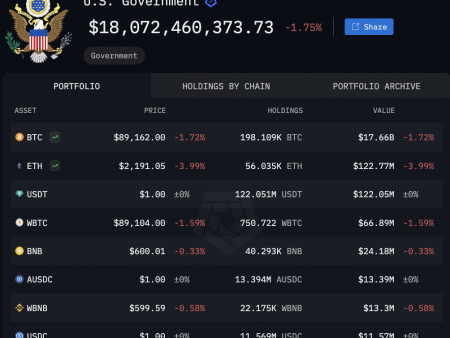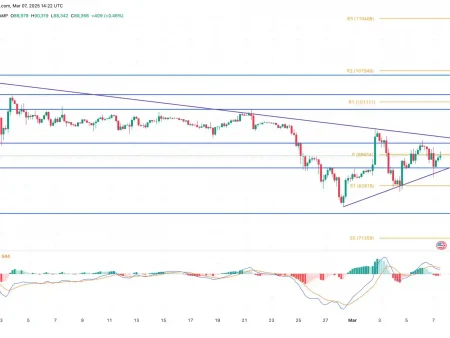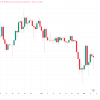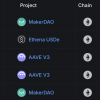- The Haven Protocol suffered a mint attack in which over 500 million XHV tokens were illegally minted.
- The hack caused the price of the XHV token to drop by more than 60%.
- Hackers took advantage of a vulnerability in the range checking code introduced during the rebase of Haven 3.2 to Monero.
Haven Protocol, a blockchain project known for its monetization and burning mechanism, suffered a mint exploit, causing the price of its token to plummet.
The exploit allowed the hacker to create a huge amount of XHV tokens, causing their supply to reach uncontrollable levels. Following the hack, the price of the Haven token (XHV) plummeted by over 60%, falling from $0.0003594 to $0.0001341.
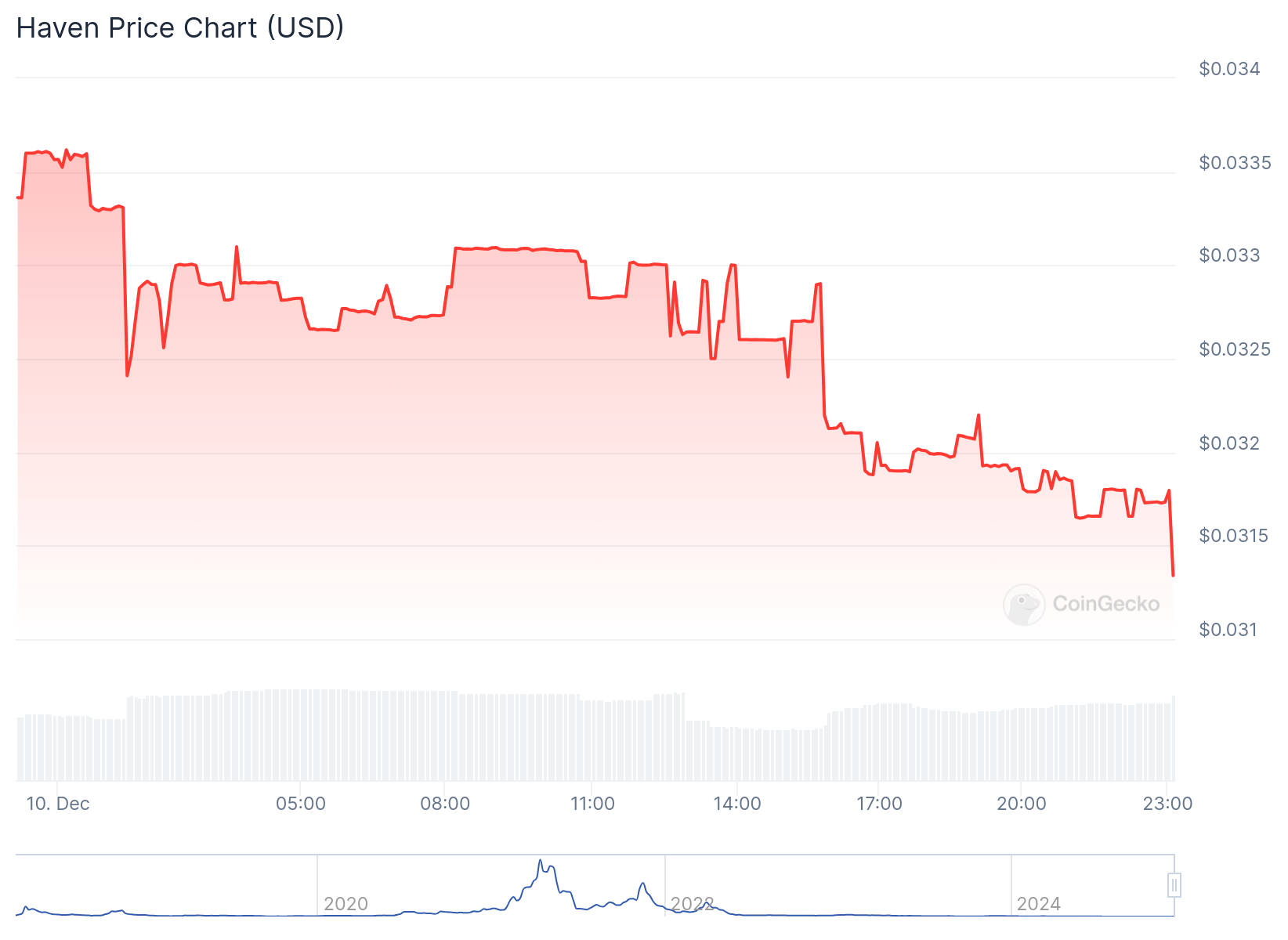
What happened to the Haven Protocol?
The Haven Protocol team disclosed the exploit via their social media account, revealing that over 500 million XHV tokens were illegally created.
⚠️ Haven Mint exploit ⚠️
Unfortunately, we encountered an exploit.
This was discovered when requesting the amount of XHV on exchanges.
The figure reported to us exceeds 500 million XHV.$XHV.
🧵👇🏼— Haven Protocol (@HavenXHV) December 10, 2024
This discrepancy was discovered during a supply request on the exchange, which is in stark contrast to the verified supply of 263 million tokens. The developers attributed the hack to a vulnerability in the “range checking” code that appeared during the rebase of Haven 3.2 to Monero.
This flaw allowed XHV tokens to be created without detection since minting occurred after auditing processes.
Notably, the excess tokens were not included in the verified supply figures, revealing a critical gap in the protocol’s security measures.
The exploit significantly impacted the market position of XHV, a project whose token price once peaked at $28.99 in April 2021. The incident exacerbated its decline, and the current price reflects the erosion of confidence in the protocol.
In response, Haven Protocol urged its community to avoid purchasing XHV on exchanges, citing ongoing efforts to assess the situation. The team acknowledged the seriousness of the violation, expressing regret and promising further updates as discussions took place within the Shelter Operations Committee (HOC).
